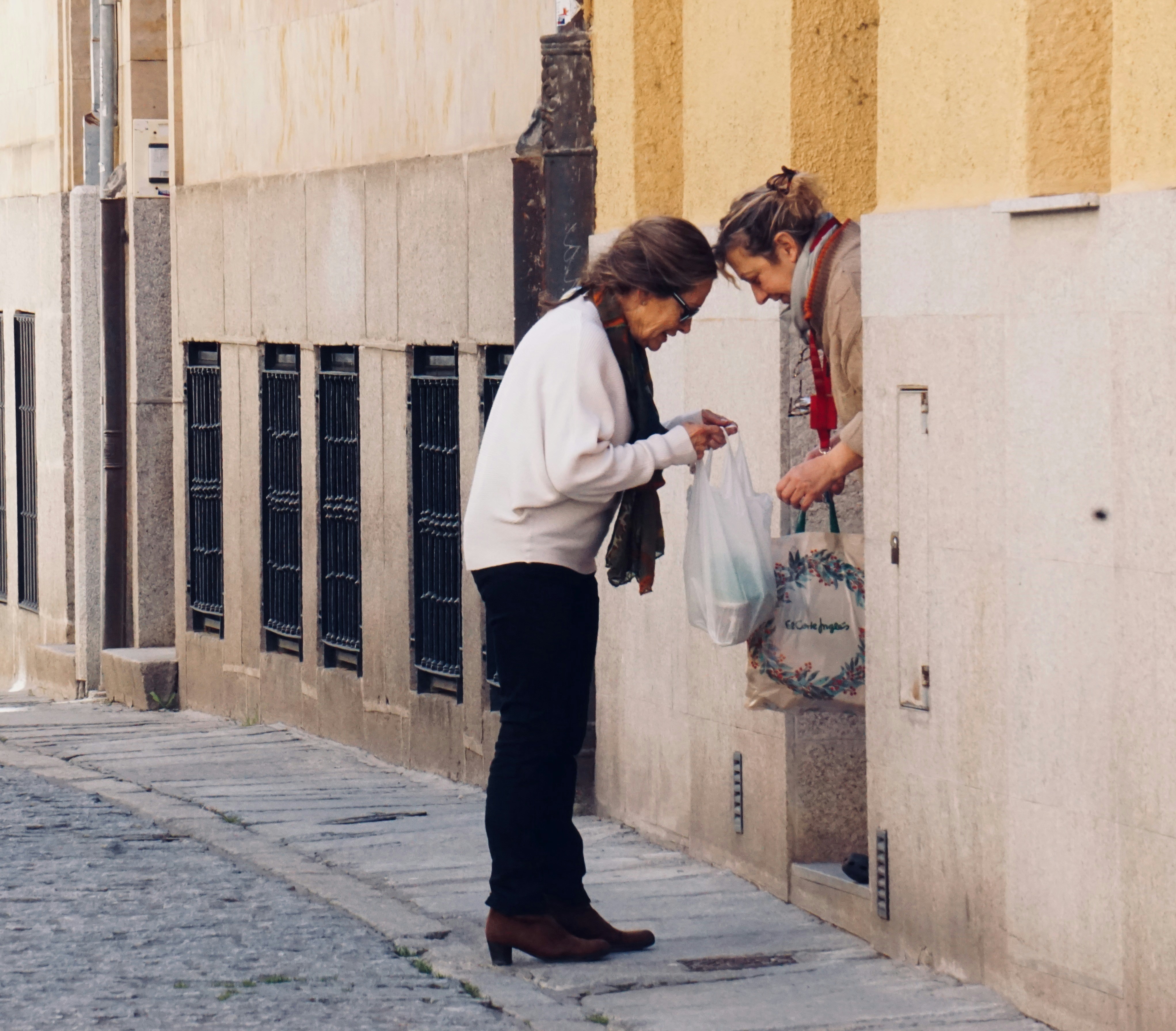
“If you suspected that your elderly neighbor was being taken advantage of by a family member, would you: (a) Do something to help your neighbor; or (b) Mind your own business?”
Hopefully, most of us would choose (a), but we might actually end up doing (b). We aren’t being heartless. We simply tend not to get involved in another’s situation unless we are asked for help. Many of us don’t know where to turn to try to assist, and some folks either worry about their own safety if they do step in or that it’ll wreck their relationship with the neighbor.
The Avery (NC) Journal-Times’ recent article, “Safe steps when suspecting elder abuse,” discusses suggestions from the North Carolina Division of Aging and Adult Services to put your mind at ease. In that state, people are encouraged to contact the local Adult Protective Services (APS), where a trained social worker will visit the neighbor and assess the situation.
Last year the state saw more than 24,000 reports of suspected abuse, neglect, or exploitation, which indicates that many individuals did do something to help their neighbors. But the national statistics say that only 1-in-5 incidents of elder abuse get reported. As a result, many incidents may have gone without any help.
North Carolina’s laws require that anyone having reasonable cause to believe that a disabled adult is in need of protective services must make a report to the local Department of Social Services (DSS) APS unit. DSSs are statutorily mandated to receive information reported and determine if the report satisfies the criteria for evaluation. North Carolina law protects adults with disabilities age 18 and older, but the majority of reports involve those who are 60 years of age and older.
Elder abuse can take many forms, such as financial, physical, emotional or sexual abuse. Cases can even include neglect by a caretaker, abandonment, isolation, abduction or self-neglect—and many involve more than one type of abuse.
Even if you never witness direct harm coming to a senior, if you are concerned, report it to the proper authorities because it’s the caring thing to do.
Reference: The Avery (NC) Journal-Times (February 17, 2016) “Safe steps when suspecting elder abuse”


